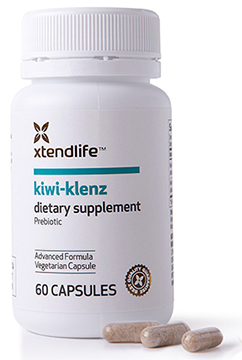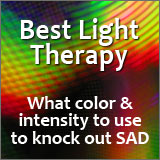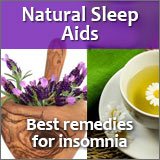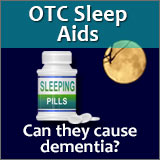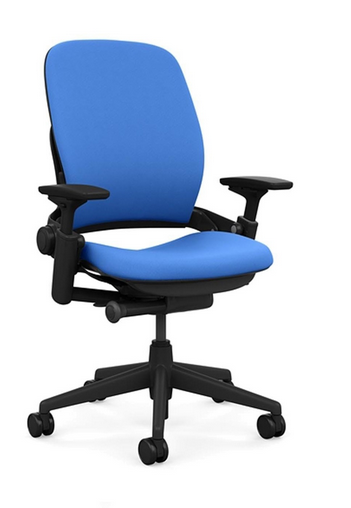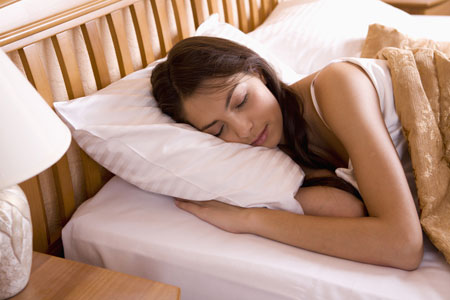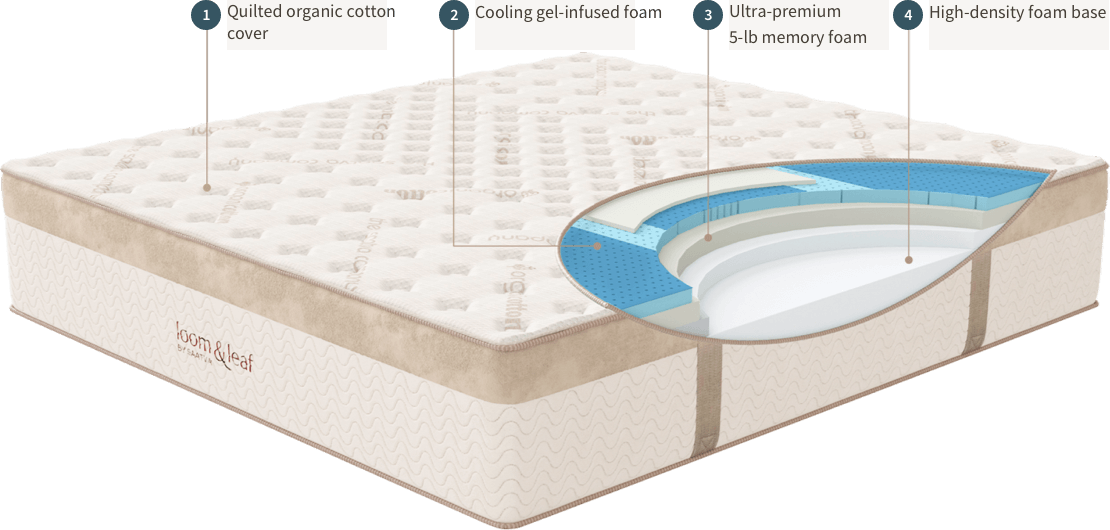Night Leg Cramps Treatments:
6 More Options
Let's continue with 6 more options in my series on 16 night leg cramps treatments.
#6: Stay active. Exercise almost daily...
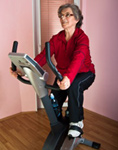
It's important to keep your body and muscles strong and fit. If you're already working out, you may find that longer runs or walks will train your muscles not to cramp up after your workout.
If you don't exercise, always check with your doctor before exercising. Find out what kind of shape you're in.
#7: Use heat...or use cold
The strange thing about night leg cramps is that sometimes warming the muscle helps...and sometimes putting cold on it helps.
So during an attack of night leg cramps, a warm bath or shower may help. Then again, I know when I get the occasional leg cramp, I can hardly think straight. Running to take a warm bath is not an option.
It's probably more practical to use ice on the cramped muscle to calm it down. Slap an ice pack on the cramped area. Hold the pack in place with a towel for 20 minutes or so.
You also might want to keep a heating pad close by. It may help provide leg cramp relief by easing the pain.
#8: Stretch the muscle during the cramp
Reach down and grab your toes and pull them back towards your knee. It's okay if you're leg is slightly bent. You'll feel the stretch in your calf and maybe that will help relieve the cramp.
If you can't reach your toes, have a towel nearby to wrap around your feet and pull those toes back towards you.
Another option for your night leg cramps is a massage technique known as PNF, which stands for proprioceptive neuromuscular facilitation. Suppose your leg cramps while sleeping. Sit up with legs slightly bent, grab your foot between the ball and the toes, and keep your thumb on top of the foot.
Gently push the foot down for five seconds. Relax for five seconds. Straighten the leg and bend your ankle up towards you for five seconds. Keep doing this routine until the cramp subsides.
#9: Beware of dehydration
from loss of fluids...
Everyone needs to drink plenty of fresh, clean water throughout the day. This is especially true if you work out in the hot sun...or are an athlete who works out hard. You must make sure you're getting plenty of fluids.
Or, to replace lost metabolites such as sodium, potassium, and magnesium, drink a sports drink.
Here's something else that's interesting you probably do not know. Drinking coconut water, which you may be able to get in your local health food store, can be an effective way to re-hydrate your body. Plus, one study showed it also helps to lower your blood pressure.
#10: Do you have diarrhea, runny stools,
or other digestion disorders?
Here's another dehydration concern: many people have digestive disorders. These include diarrhea, constipation, gas, runny stools, and bloating.
Diarrhea can lead to excess fluid loss. Just another reason to make sure you're drinking plenty of good, clean water.
As an aside, if you do suffer from digestion problems that cause you sleepless nights—or discomfort during the day—you're going to finally get the natural help you need.
When I was plugging around the Internet researching this article, I read about using kiwi fruits for digestive disorders.
Understand though that it's not just a matter of eating two to four kiwi fruits every single day.
You can learn more about using kiwi fruits for digestive disorders by clicking here to see Kiwi-Klenz.
#11: Watch out for too much alcohol
if you suffer from night leg cramps
Alcohol is a diuretic and can lead to loss of fluids. This can then lead to night leg cramps. If you do drink alcohol, drink a glass of water after each drink. In addition, alcoholism may be one of the causes of leg cramps.
And here's something interesting: The Kiwi-Klenz I mention above improves digestion so well, it may help decrease the desire for alcohol.
If you have indigestion, bloating, or constipation, you may find that Kiwi-Klenz can ease your discomfort.
References
- Alternative Cures. The Most Effective Natural Home Remedies for 160 Health Problems. By Bill Gottlieb.
- Night Leg Cramps. Mayo Clinic.
- Rehydration with sodium-enriched coconut water after
exercise-induced dehydration. Ismail I, Singh R, Sirisinghe RG.
Southeast Asian J Trop Med Public Health 2007;38:769-85.
- The control of hypertension by use of coconut water and mauby:
two tropical food drinks. Alleyne T, Roache S, Thomas C, Shirley A.
West Indian Med J 2005;54:3-8.
- Kiwi-Klenz: Naturally reduces gas, bloating, and poor digestion. By xtendlife. (Link opens in a new window.)
Here Are More Articles You May Find Helpful
Stop Leg Cramps at Night! My Final Five Leg Cramp Relief Options
What Causes Leg Cramps At Night?
Nocturnal Leg Cramps: Can They Be Prevented?
Leg Pain at Night: 16 Lower Leg Cramps Treatment Options
4 Essential Facts About Insomnia
Return From Night Leg Cramps to Sleep Disorders Home Page
